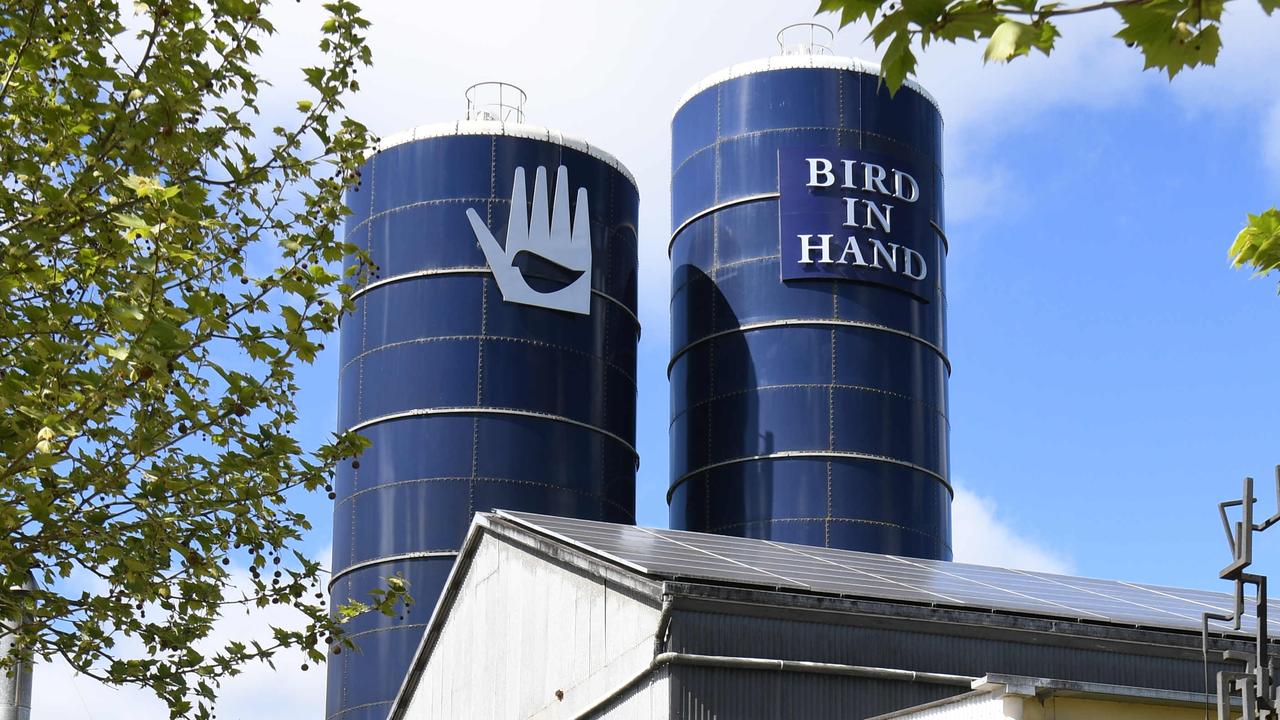Orcoda takes on state-owned China Mobile over $4m debt
ASX-listed logistics software company Orcoda has launched a court case against China’s largest mobile company, China Mobile.
ASX-listed logistics software company Orcoda has launched a landmark court case against China’s largest mobile company, China Mobile.
The Melbourne-based company is taking action in the district court in Nanjing over a debt worth about $4 million, which it claims to be owed by China Mobile as a result of an SMS payment and messaging business it operated in China some years ago.
The case is a rarity in China, where foreign companies seldom take legal action against Chinese companies, let alone against a large state-owned company like China Mobile.
Orcoda managing director Brendan Mason told The Australian the company, which is still known in China by its former name of SmartTrans, had been in discussions with China Mobile executives for some time over the disputed payment.
It relates to an online payment system using China Mobile that it launched some years ago before China’s WeChat Pay became the popular method of payment in China.
Mr Mason said the deal provided for SmartTrans to receive 85 per cent of revenues from Chinese consumers using the service, with China Mobile taking 15 per cent. But he said SmartTrans had ended up receiving only 20 per cent.
Mr Mason ran Cochlear’s operations in China for seven years before being appointed in August last year as managing director of the loss-making company in a bid to turn its fortunes around.
(The company changed its name to Orcoda last month following a merger with another company.)
Mr Mason said that after he took over as managing director, he held initial meetings in Nanjing with China Mobile executives who had tried to convince him to drop its claim for the $4m trade debt.
“The first meeting was very adversarial,” he said. “They were screaming at us and security guards were following us around, even to the toilet, in case I made a phone call.”
He said the discussions were then elevated to a more senior level within China Mobile’s office in Nanjing, which was meant to handle the payments.
He said the Chinese executives were also urging him to walk away from the dispute.
“For a little company like us, a debt of $4m is too much to walk away from,” he said he told them.
He said one China Mobile executive had replied: “You hurt China Mobile, you hurt China and China will hurt you.”
But Mr Mason said his experience running Cochlear in China had given him confidence that his company could get a fair hearing in the courts there despite going up against a state-owned giant like China Mobile.
He said legal costs in China were also a lot less than they were in Australia.
Mr Mason is a former chairman of the Australian Chamber of Commerce in Beijing.
“If you do things in China the right way, I have found there is a rule of law,” he said. “China Mobile has probably never had a foreign company jack up against them and say, ‘That’s not right’.
“But we are going to go after them because we need that money and the way they have treated us is not right.”
Mr Mason said only a few foreign companies took legal action in China because foreign companies believed “people think there is no way (for the case to succeed)”.
“They think the Chinese are too strong for them. But I believe we are a small company and what China Mobile have done to us is not right,” he said. “They can’t engage people to do work and decide not to pay.”
Mr Mason said he felt his company “seemed to have been getting a fair hearing” in two hearings recently before the court in Nanjing.
He said a third hearing was planned for late next month, when China Mobile was expected to present its case.
Orcoda is in the process of selling off its operations in China. It stopped providing the service to Chinese mobile customers some years ago with the rise of WeChat Pay.
Glenda Korporaal



